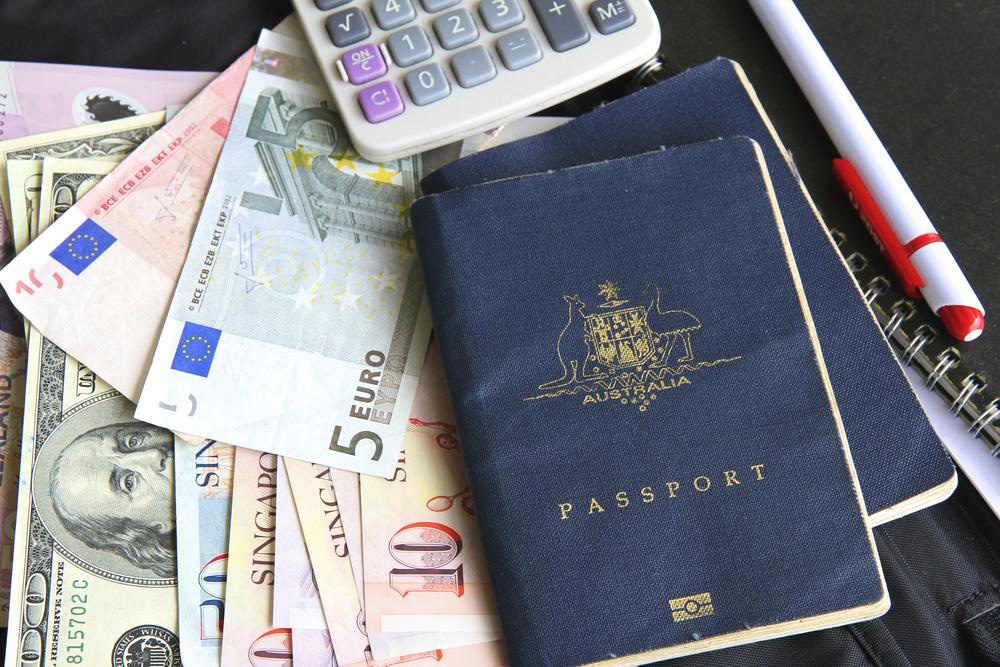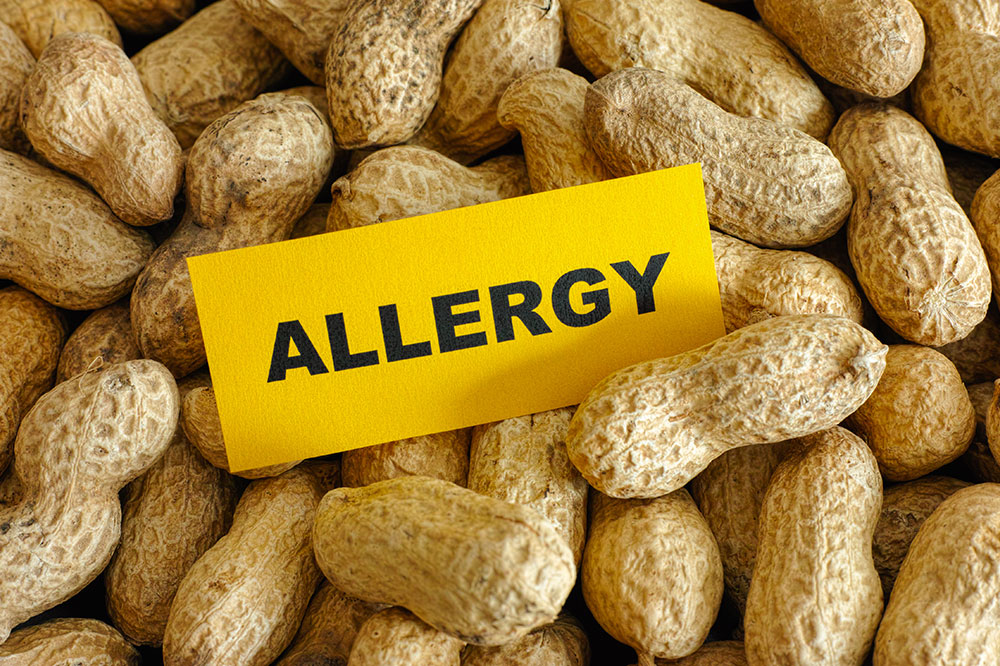Comprehensive Guide to Safe Travel for Individuals with Food Allergies
Traveling with food allergies requires careful planning and awareness. This comprehensive guide provides essential tips, including medical precautions, accommodation considerations, and effective communication strategies, ensuring travelers with food allergies can explore new destinations safely and confidently. From preparing allergy kits to using translation apps, discover how to manage dietary restrictions and prevent allergic reactions while enjoying your adventures to the fullest.

Comprehensive Guide to Safe Travel for Individuals with Food Allergies
Traveling with food allergies presents unique challenges that require meticulous planning and proactive measures to ensure safety, health, and enjoyment. For individuals with sensitivities or allergies to certain foods, exploring new destinations can be both exciting and daunting. The key lies in understanding how to manage dietary restrictions effectively while still experiencing the joys of travel. This comprehensive guide offers detailed tips and strategies to help travelers with food allergies navigate their journeys confidently, minimizing risks, and maximizing memorable experiences.
When planning your trip, the first crucial step is consulting with your healthcare professional. An appointment prior to departure can provide vital advice tailored to your specific allergies, including any necessary vaccinations or medications. Your doctor can also help you prepare an emergency plan, which is essential in case of accidental exposure or allergic reactions.
**Pre-Travel Consultation with Healthcare Providers**: Always discuss your travel plans with your healthcare provider. Share your itinerary, and ask for recommendations about managing allergies abroad. Obtain enough allergy medications and emergency drugs to last through your trip, plus a few extras in case of delays or emergencies.
**Research Your Accommodation Options**: Prior to booking, contact potential accommodations to verify their ability to cater to your dietary needs. Many hotels and resorts now offer specialized menus or personalized dining experiences where chefs are aware of allergy safety protocols. Staying in accommodations with facilities such as a refrigerator, microwave, or kitchenette can allow you to prepare your own meals if needed. Luxury hotels often provide allergen-free meal options or consultative services — not all establishments offer this, so confirm ahead of time.
**Carry a Fully Stocked Medical Kit**: Always pack a medical kit that includes epinephrine auto-injectors, antihistamines, and other allergy medications prescribed by your doctor. Including antibacterial wipes can help sanitize hands and eating surfaces, reducing the risk of cross-contamination. It’s also wise to develop an emergency action plan that details steps to take during a reaction and share it with your travel companions.
**Know Your Destinations**: Prioritize regions known for good healthcare infrastructure and awareness of food allergies. Avoid areas with limited medical facilities or those known for high allergy risk foods such as seafood or nuts. Research local foods and common ingredients to identify potential hazards.
**Display Your Allergy Information Clearly**: Carry allergy identification cards that specify your sensitivities in the local language. Use translation apps to communicate dietary restrictions effectively at restaurants or markets. Showing your card to restaurant staff or chefs ensures they understand your needs and can prepare safe meals.
**Inform Travel Companions**: Make sure your travel partners are aware of your allergies, emergency procedures, and how to assist in case of an allergic reaction. Establish clear guidelines about sharing food and handling situations where cross-contact may occur.
**Utilize Support Organizations and Resources**: Join organizations like the International Association for Medical Assistance to Travelers (IAMAT). These organizations provide directories of English-speaking healthcare professionals and offer guidance on local water and food safety standards. Having access to reliable medical support while abroad is reassuring.
Traveling with food allergies doesn’t mean sacrificing the thrill of exploring new destinations. By following these essential precautions — from medical preparation and accommodation studies to awareness and communication strategies — you can navigate your travels safely. Embrace new adventures with confidence, knowing that you’ve taken the necessary steps to protect your health while making the most of your journey. Safety, awareness, and preparation are your best allies in ensuring that your travel experiences remain enjoyable and worry-free.





